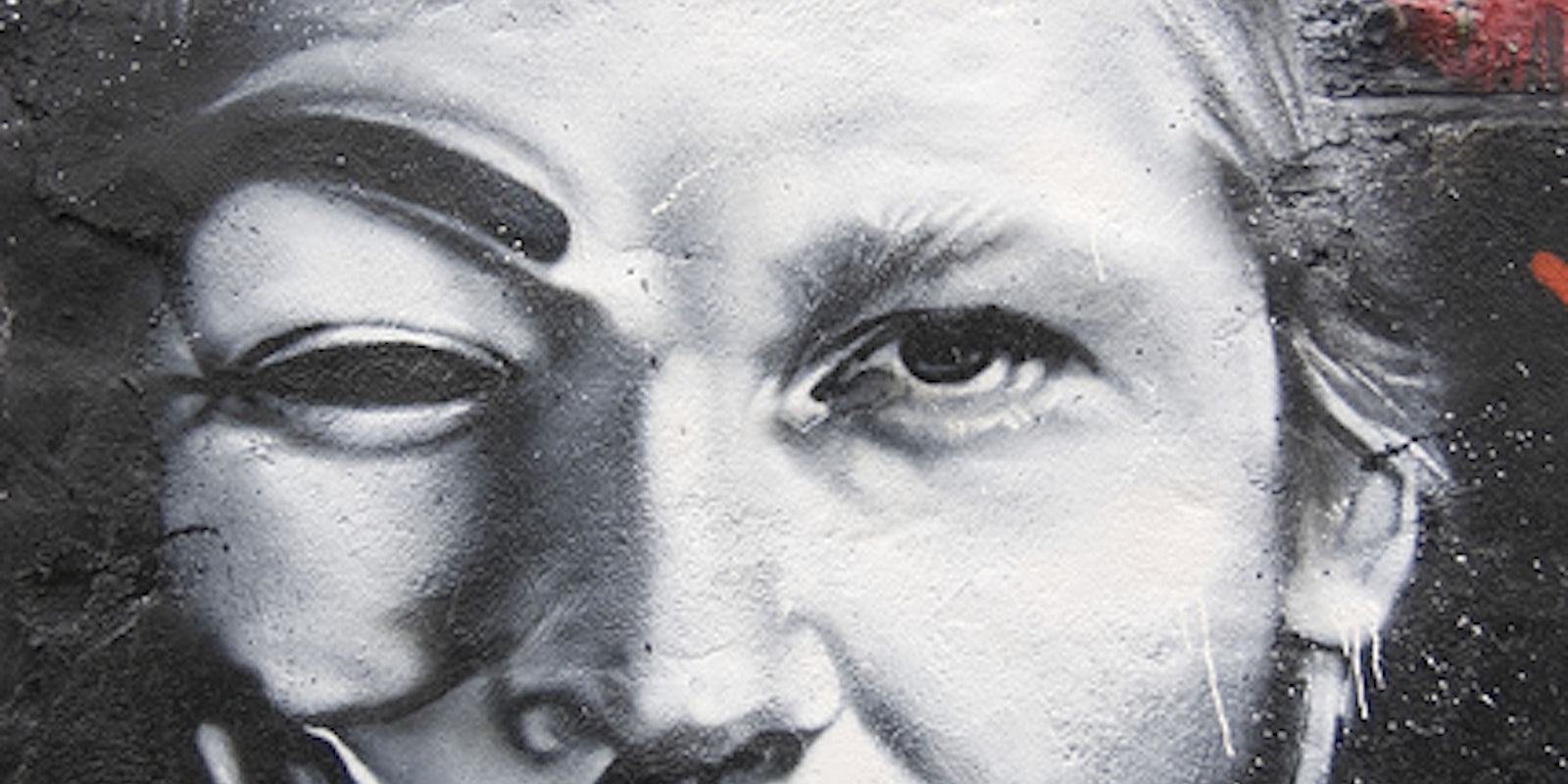Twitter just lost a high-profile fight to protect user information from the federal government.
After more than a year of court battles, U.S. District Judge Liam O’Grady has ordered the company to turn over information on three key WikiLeaks supporters: Jacob Applebaum of the U.S., whom Rolling Stone magazine called “The Most Dangerous Man in Cyberspace;” Rop Gonggrijp, a prominent hacker from the Netherlands; and Birgitta Jonsdottir, who is a member of parliament in Iceland.
Twitter had sought to keep the material from the Department of Justice while they pursue an appeal in a higher court.
The information includes user all contact information, IP addresses, and banking and credit card records. However, it does not include the actual content of the tweets or DMs the users made.
In December 2010, the Department of Justice asked for and received a subpoena to seek the information under a secret order, although they allowed it to go public only a few months later. Since then, the story has been one of appeals filed and typical courtroom dancing.
Last Wednesday’s ruling means the information must be turned over regardless of the current appeal.
In a statement released on the Electronic Frontier Foundation’s website, Jonsdottir said:
“With this decision, the court is telling all users of online tools hosted in the U.S. that the U.S. government will have secret access to their data. People around the world will take note, and since they can easily move their data to companies who host it in locations that better protect their privacy than the U.S. does, I expect that many will do so. I am very disappointed in today’s ruling because it is a huge backward step for the United States’ legacy of freedom of expression and the right to privacy.”
The case has Chilling Effect ramifications not only for WikiLeaks and all activist organizations and activists in social media, but also for anyone who thought the U.S. government had to present a clear case against someone before obtaining that kind of information.
The silver lining? The Department of Justice has not been as successful in its quest to get the same information for all 637,000 followers of the WikiLeaks’ Twitter account.
Photo by Abode of Chaos
